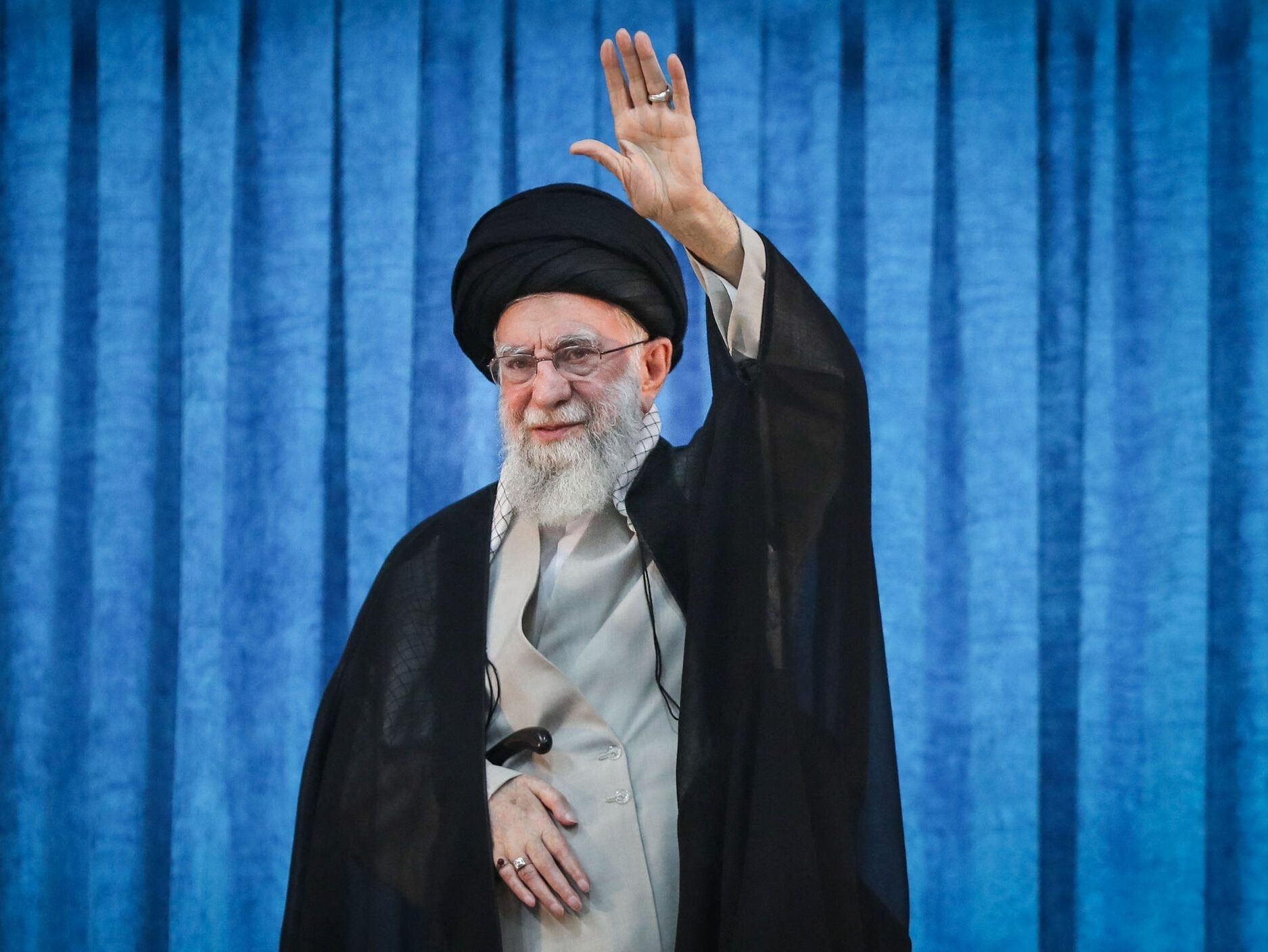The Israeli military has spent the last five days creating amenable conditions for either contingency. On June 16, it destroyed upward of 70 Iranian air defense platforms and mobile missile launchers. To date, it has claimed to have taken out 120 launchers, a third of Iran’s capability, which accounts for the shrinking size of the salvos Iran has unleashed in retaliation: Since this campaign started, Iran has fired 370 missiles, whereas it fired more than half that number in a single night on Oct. 1, 2024, during the last direct confrontation with Israel. While it’s certainly the case that Israel is expending its own air defenses, particularly its Arrow interceptors, to shoot down incoming ballistic missiles, it still has ongoing U.S. help on land and at sea in the Mediterranean. So far, even Iranian strikes on apartment buildings and now a major hospital have not swayed Israeli public opinion against a campaign long in the making.
The largest casualty is conventional wisdom. No assessments produced on the feasibility of attacking Iran in years past envisaged Mossad operatives constructing a three-story drone warehouse in southern Tehran, right under the noses of one of the most formidable intelligence services in the Middle East. Israel probably has hundreds, if not thousands, of assets still in play on the ground scattered across Iran, providing targeting data to Israeli jets and directly sabotaging Iran’s defense and command-and-control systems. Even Iranian officials acknowledge the extent of their enemy’s infiltration, with one suggesting kamikaze drones installed on local rooftops and activated remotely.
Also unforeseen by even the most imaginative military analysts is that in less than a week, Israel managed to achieve in Iran what Vladimir Putin has failed to do in three-and-a-half years in Ukraine: establish total air supremacy. U.S. aircraft would now enjoy operational freedom in any hypothetical intervention, without their own suppression of enemy air defenses, which would have lengthened any such intervention and eaten into the American arsenal.
No doubt this is a tantalizing prospect for Trump. The New York Times reports that he is awestruck by Israel’s achievements after watching them unfold in real time on Fox News and is increasingly desperate to claim some of the credit. And though his MAGA coalition is being torn in half by the will-he-or-won’t-he debate now raging, and though he badly wants a Nobel Peace Prize he stands little chance of acquiring, Trump may well calculate that his legacy could now involve doing at low cost what four successive administrations (including his first one) could not: terminating the most prolonged national security preoccupation of the post-Cold War era.
So far, Israel’s coercive messaging to the White House, that nothing succeeds quite like success, appears to be working. “We now have complete and total control of the skies over Iran,” Trump posted on social media, either out of hubris or in a nod to as-yet-undeclared U.S. intelligence and logistical support for Operation Rising Lion, as Israel’s war is known. In a further sign that he may be leaning toward the kinetic option, Trump told reporters that his demand of Ayatollah Ali Khamenei, whom he has vaguely threatened to assassinate, is “very simple – unconditional surrender. That means I’ve had it. I’ve had it. I give up, no more. Then we go blow up all the nuclear stuff that’s all over the place there. They had bad intentions. You know, for 40 years they’ve been saying death to America,

